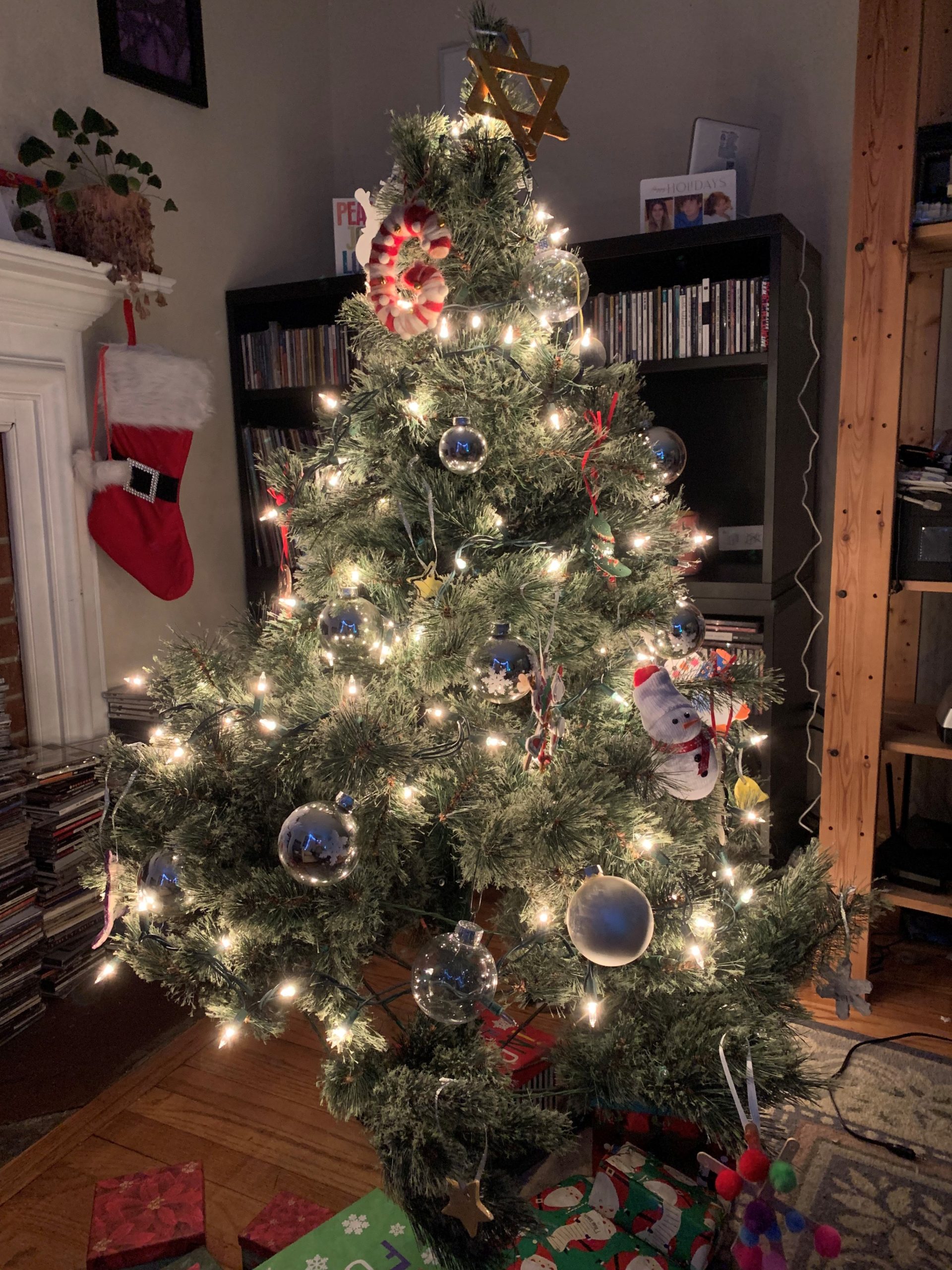I got divorced the other day. I’m not normally one to label myself. I’m just me. But, I’ve been having some trouble with the whole situation, so I thought words might help. They can help me tell my story and that can help me make sense of everything. There’s a problem with this approach, though. I have very few words to choose from.
Of course I can refer to myself as a divorced person, but that feels strange. It’s turning the divorce into an adjective. That’s fine to a point, but after a while, it needs its own word. I wouldn’t want married people to constantly be referred to as married people. They are spouses and wives and husbands and partners and brides and grooms and bridegrooms and you get the idea. Not only do all of those options create variety, they each have subtly different connotations. That’s helpful when telling a story.
I’m sure most people will think of the words divorcé or divorcée. Not that I’m an expert, but from what I gather they are French words and divorcé is a male who is divorced and divorcée is a female who is divorced. I don’t like either one, though. Part of my dislike comes from the fact that they are so incredibly French. Calling myself a divorcé would seem like I’m being snobby about my newly unmarried status and I certainly don’t feel snobby about it. Another thing I don’t like is both versions of the word have a feminine connotation. When I tried to find words for a divorced person, all of the initial sites said divorcée, but that it is usually referring to a divorced woman. Some even said there is no word for a divorced man. I’m not one to take dictionaries and websites as authorities, but it is a troubling sign suggesting that most English speakers feel this way. I should add that it’s not troubling because I particularly care about using a feminine word to describe myself. My name is a homonym for a female name and I have an older brother. People have been calling me a girl for a long time. It bothers me that we are still so sexist that it is natural to think that a woman is defined by her marriage or divorce in a way that a man is not. This isn’t the word’s fault, but I don’t like the reminder.
After divorcé and divorcée, I was stuck. I couldn’t think of one single other word to use for a divorced person. So, I went to the Thesaurus. At Thesaurus.com, I struck out. Apparently, divorcé has no synonyms. Undeterred, or bored, I kept looking. In The Free Dictionary’s thesaurus section, I did find the term grass widower. It is defined as, “A man who is divorced, separated, estranged from, or abandoned by his wife.” It pairs with grass widow, which is, “A woman who is divorced, separated, estranged from, or abandoned by her husband.” Grass widower at least has some potential. If nothing else, it is odd. When I first read the term, all I could think of was someone whose spouse was killed by grass. From what I can find, it actually derives from the idea of infidelity. When one partner is out making hay, the other is a grass widow or widower. That’s clever in its way. But it doesn’t apply to my situation.
I kept up my search for a bit, but couldn’t find any other words for a divorced person. I have the whole internet at my disposal, but I could only find two words and neither one is a great fit. For the time being, I’m going with grass widower. It doesn’t speak to my particular situation, but it sounds much better than divorcé. I think the real answer is to tell my story and find the words later. If I’m lucky, I’ll come up with something that can help the next poor grass widow or widower tell their own story.










One thought on “What Am I Now? or What the Heck Is a Grass Widower?”